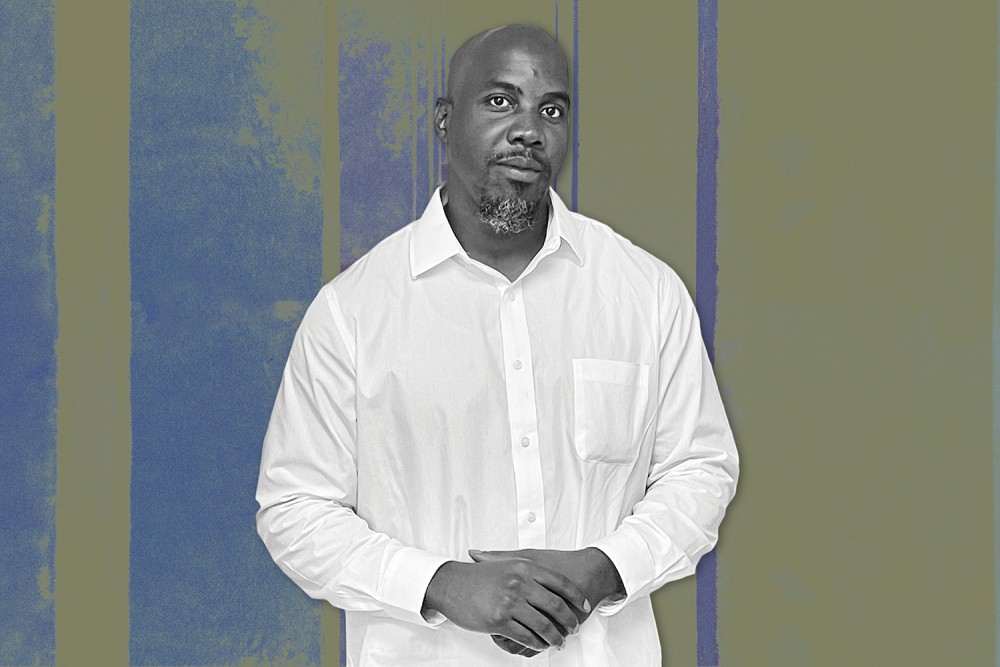Helping incarcerated men see their own worth
“My goal is to teach men to love themselves,” says Men’s Workshop founder James Enoch Banks, “so they can love others.”

James Enoch Banks, founder of Texas nonprofit the Men’s Workshop (Source image: Courtesy photo)
In 2021, James Enoch Banks completed a nearly 20-year prison sentence at the Torres Unit in Hondo, Texas. While there, he began creating a program for self and group study that would become known as the Men’s Workshop. He now leads a nonprofit organization, Enoch Says, which aims to widen the reach of the Men’s Workshop, fight recidivism, and bridge gaps in society. The organization has expanded into three additional units in the Texas prison system, and it successfully graduated 83 men last fall.
What are the goals of the Men’s Workshop?




